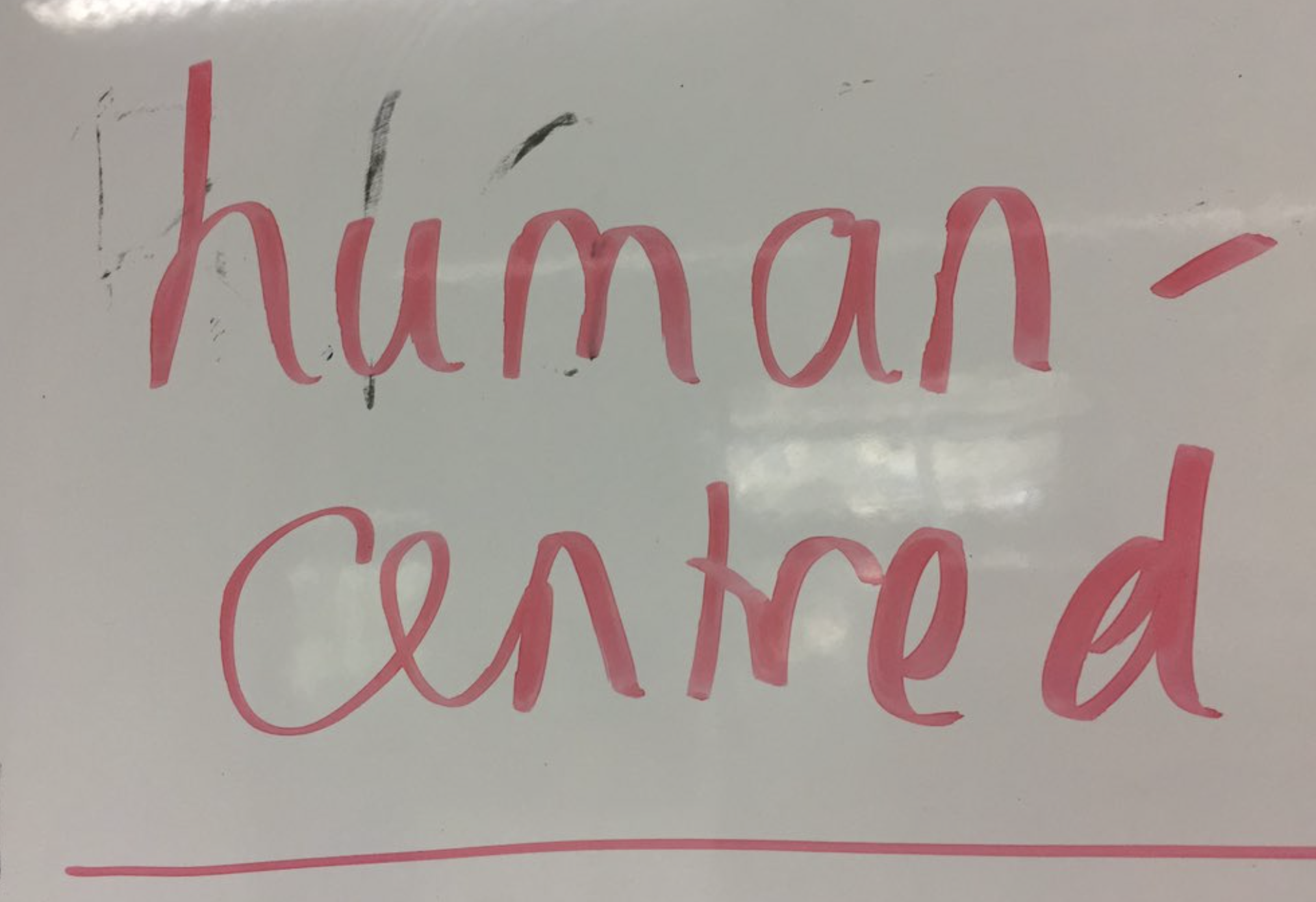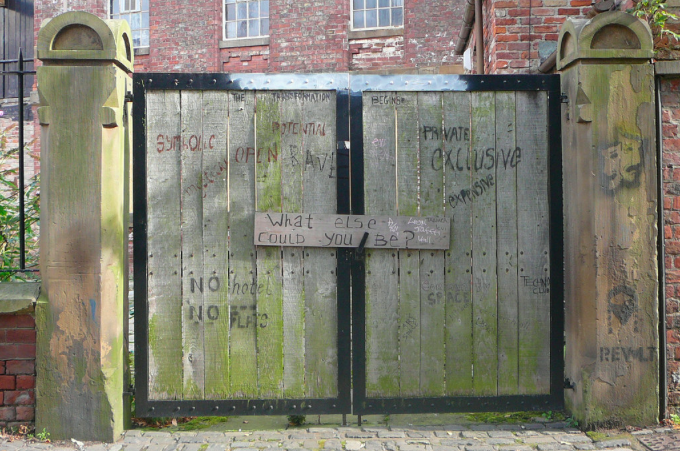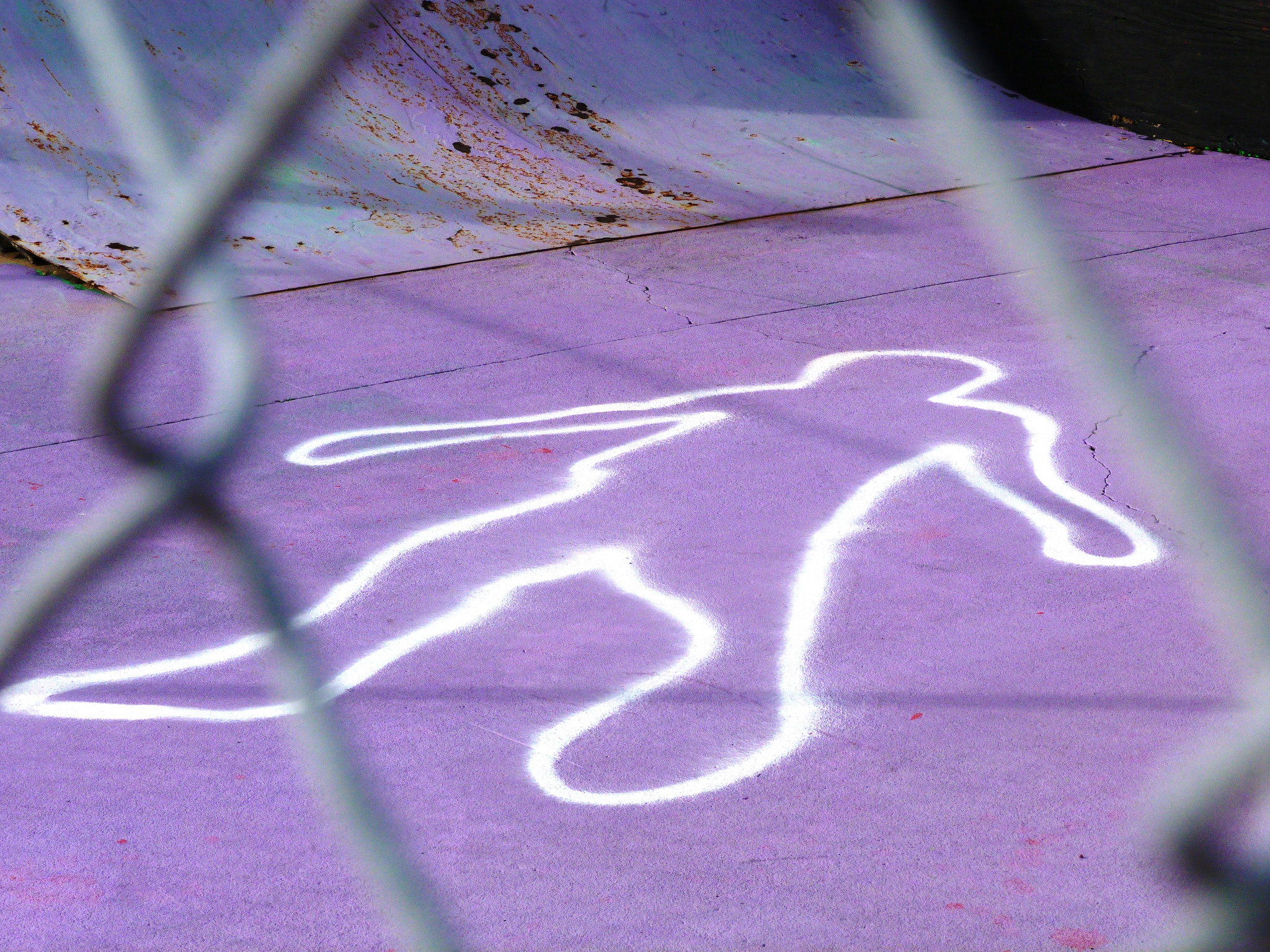How good is work?
Do we or do we not live in a world in which we assist each other? Judith Butler, Examined Life (Judith Butler and Sunaura Taylor 2010), You Tube 1. We’re in the last few weeks of the class in which students use narrative methods to explore their experiences of working, along with those of their families, friends, workmates, managers and strangers. We’re thinking together about the fact that “the future of work” has a cultural history, and a vivid, anxious…
Continue Reading


